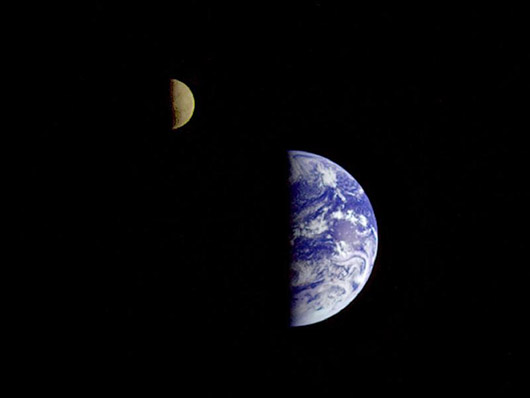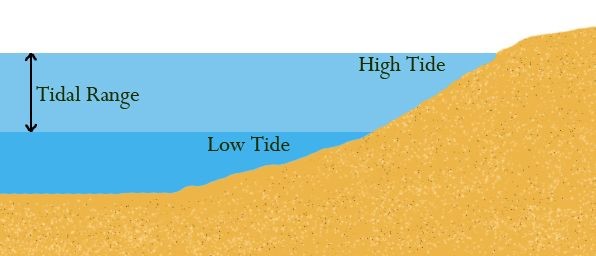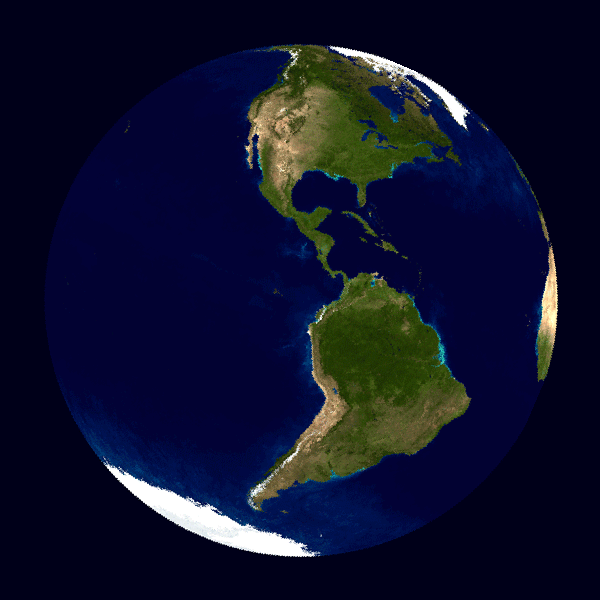By Marsha Lewis, Inside Science TV. The moon — it can appear full, shining like a beacon in the night or just a sliver of a nightlight. Still, it’s always there.

Image Credit: NASA.gov
But what if we didn't have a moon?
Here’s the top five things we would miss without it.
1. Nights would be much, much darker. The next brightest object in the night sky is Venus – but it still wouldn’t be enough to light up the sky – a full moon is nearly two thousand times brighter than Venus is at its brightest.
2. Without the moon, a day on earth would only last six to twelve hours. There could be more than a thousand days in one year! That’s because the earth’s rotation slows down over time thanks to the gravitational force – or pull of the moon – and without it, days would go by in a blink.
3. A moonless earth would also change the size of ocean tides – making them about one-third as high as they are now.

Image Credit: Cliparthut.com
4. Forget about seeing any lunar eclipses – or any solar eclipses – without the moon, there would be nothing to block the sun.
5. Without a moon the tilt of our earth's axis would vary over time. This could create some very wild weather. Right now, thanks to our moon, our axis stays tilted at twenty-three point five degrees. But without the moon the earth might tilt too far over or hardly tilt at all leading to no seasons or even extreme seasons.

Photo Credit: NASA.gov
Without the moon helping to keep the earth on a steady tilt, scientists have even imagined that life on earth may not have evolved the way we know it.
So the next time you look up at the night sky, realize that the moon is making life here on earth shine bright.
Marsha Lewis is a freelance producer based in California. She has won 11 National Telly Awards and nine Regional Emmy Awards for her work in local and national syndicated news. Reprinted with permission from Inside Science, an editorially independent news product of the American Institute of Physics, a nonprofit organization dedicated to advancing, promoting and serving the physical sciences.





Comments